The Brothers of Eldritch
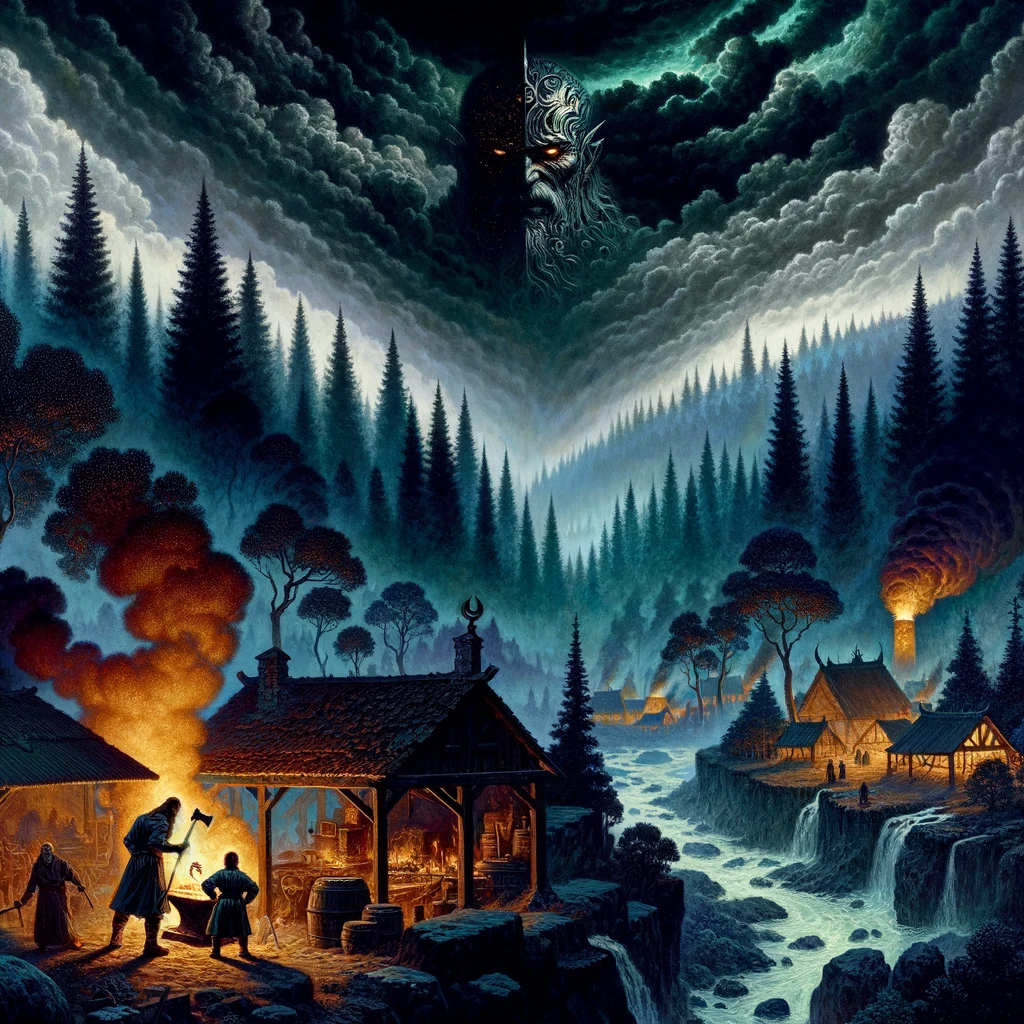
The oppressive hand of the Emperor cast a long shadow over Eldritch’s ancient forests. The River of Whispers, once a vibrant artery, trickled with fear, dividing two villages locked in silent dissent. In one village, Uşun, the blacksmith, raised his sons, Egrek and Segrek, as starkly different as fire and wind.
Egrek, stoic and strong, mirrored the depths of the forest. He found solace in the Emperor’s decrees, each forged weapon a silent testament to his unwavering obedience. Segrek, like the untamed wind, chafed under the iron fist. He saw the decrees as chains, and the Emperor as a distant tyrant.
“Blind obedience serves a shadow, brother,” Segrek argued, his voice crackling with youthful passion. “My strength lies in questioning, not wielding swords at the Emperor’s whim.”
Egrek’s calm gaze held the steely glint of the forge fire. “Order brings peace, Segrek. The Emperor’s will guides us.”
Their paths diverged. Egrek, seeking recognition, ventured into the heart of the empire. He found not glory, but a cage gilded with promises. Forced to fight for an unknown cause, he was captured, the bitter truth dawning: his loyalty had built not a shield, but a prison.
Back in the village, Segrek saw not just his brother’s capture, but a symbol of oppression. “Chains of injustice bind us all,” he roared, defying his father’s pleas. “I go not for conquest, but for love, to break the chains that bind my brother and our hearts!”
His journey wasn’t paved with loyalty, but with the whispered warnings of the River of Whispers, now a symbol of his internal fire. He infiltrated the enemy camp, a lone ember seeking to spark rebellion. But he too was captured, facing his brother across the battlefield.
The Emperor, a twisted puppeteer, reveled in their predicament. “Fight!” he cackled, “Prove your loyalty! Only one shall walk free!”
But as their eyes met, the chains of obedience shattered.
“I fought for an illusion, brother,” Egrek’s voice was heavy with regret. “My loyalty blinded me to the love that binds us.”
Segrek’s eyes blazed. “And I, in defiance, forgot the chains we choose to bear – the ones that bind us to freedom and love!”
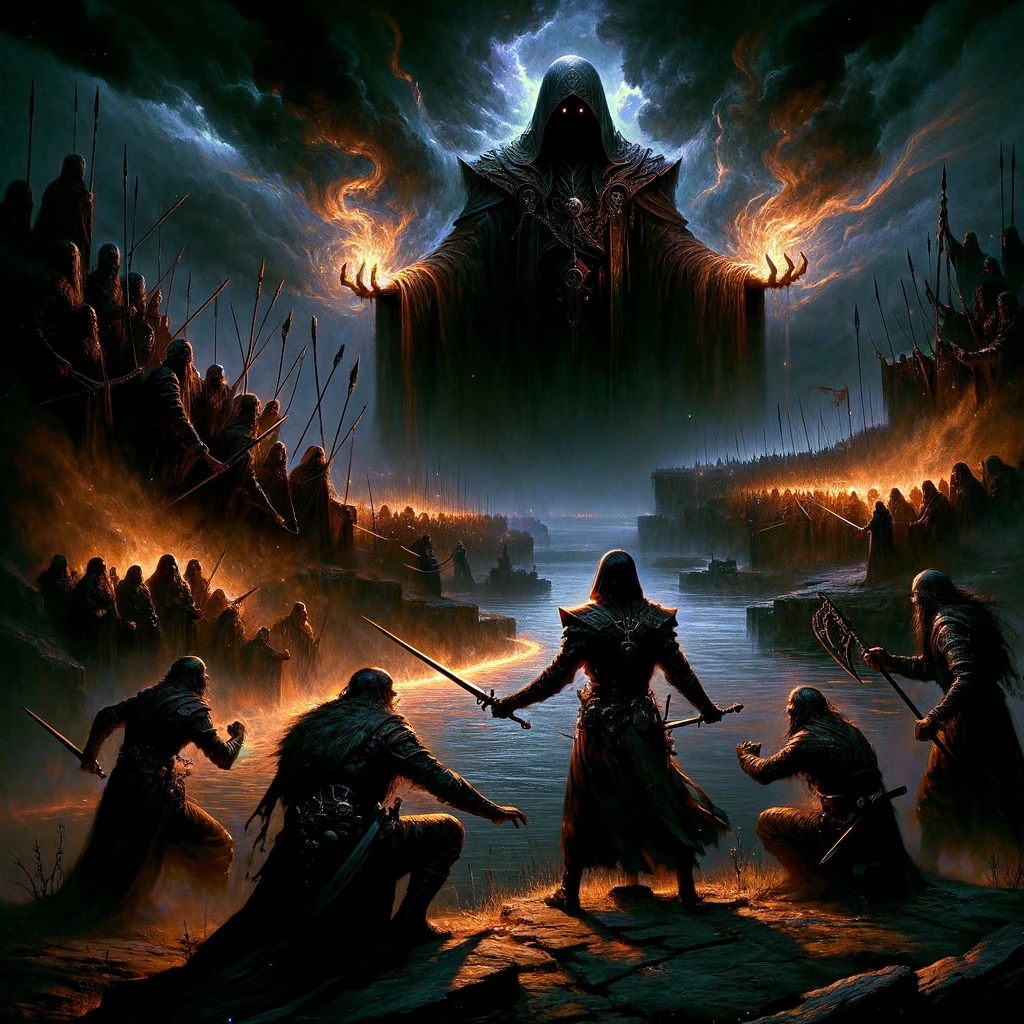
Together, they turned against their captors, their rebellion echoing through the camp. It was a beacon for the oppressed, a testament to the strength found in unity, not blind obedience.
Their victory wasn’t just freedom, but a declaration. True authority resided not in thrones, but in the human spirit, in the bonds that defied tyranny. Returning to the village, they were hailed as heroes, but amidst the cheers, Uşun’s words echoed:
“The forge has tempered you both,” he said, tears gleaming in his eyes. “May the world remember, the fiercest weapon against tyranny is not blind obedience, but the courage to love and question.”
And so, the legend of the Brothers of Eldritch spread, a whispered tale of defiance and unity, a reminder that while empires rise on obedience, a just world requires the courage to forge your own path, fueled by love and the whispers of your own truth.

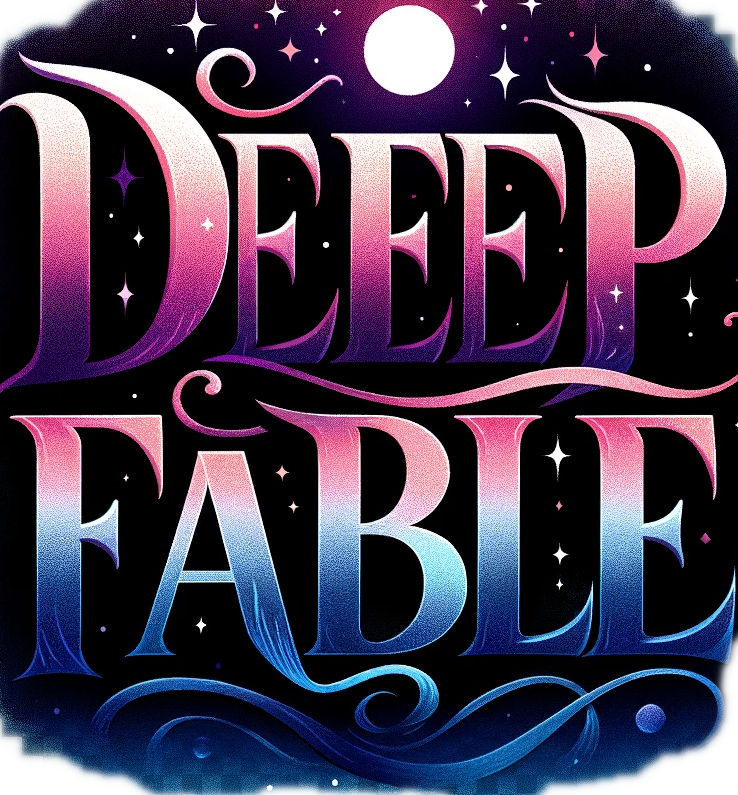
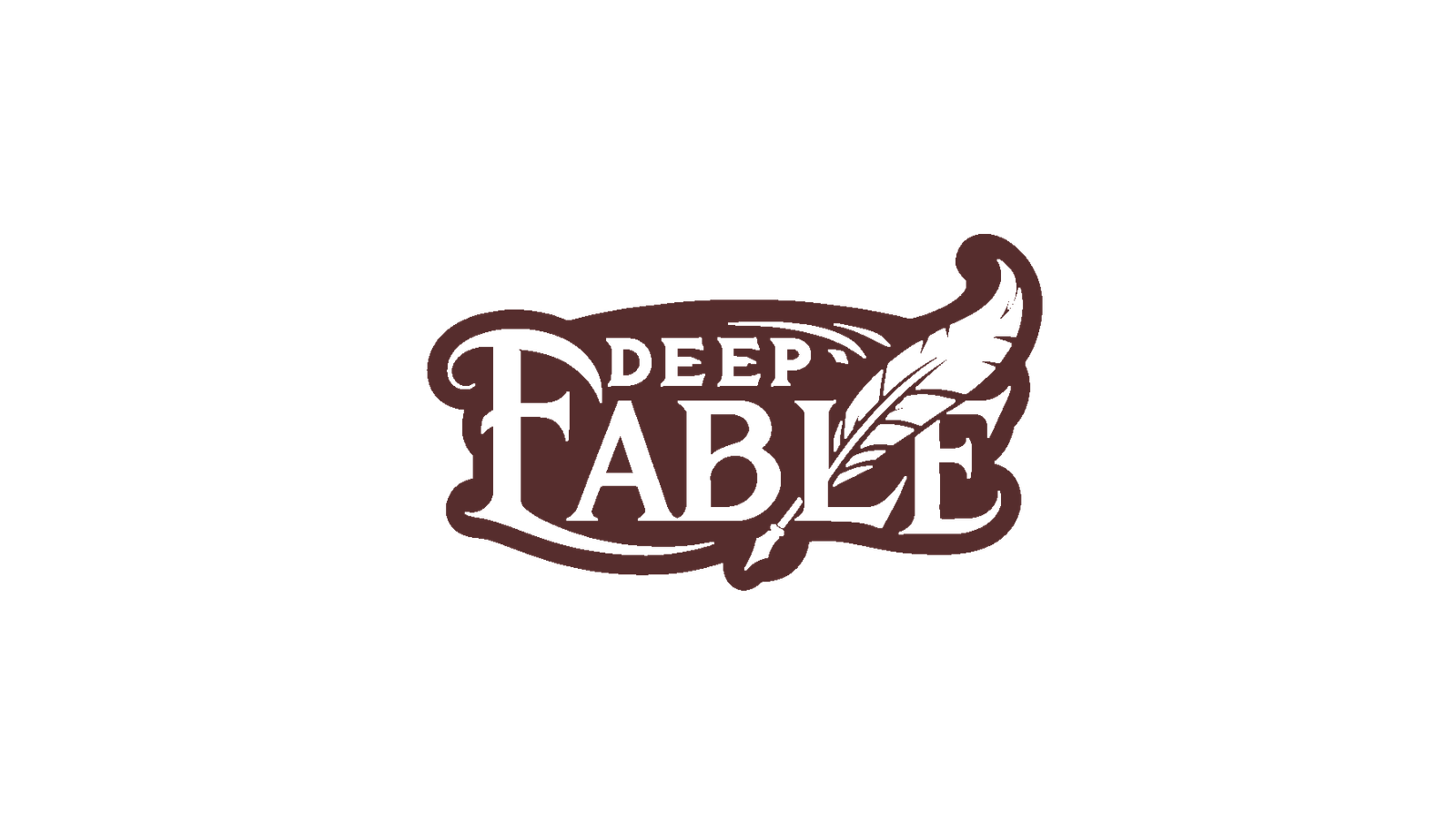










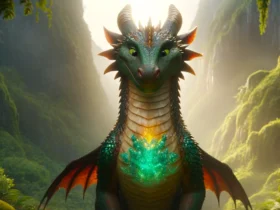
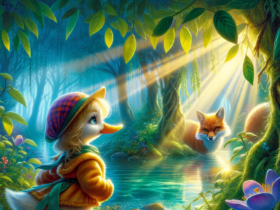

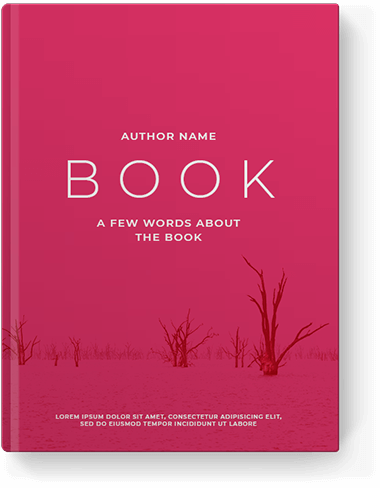
Leave a Reply